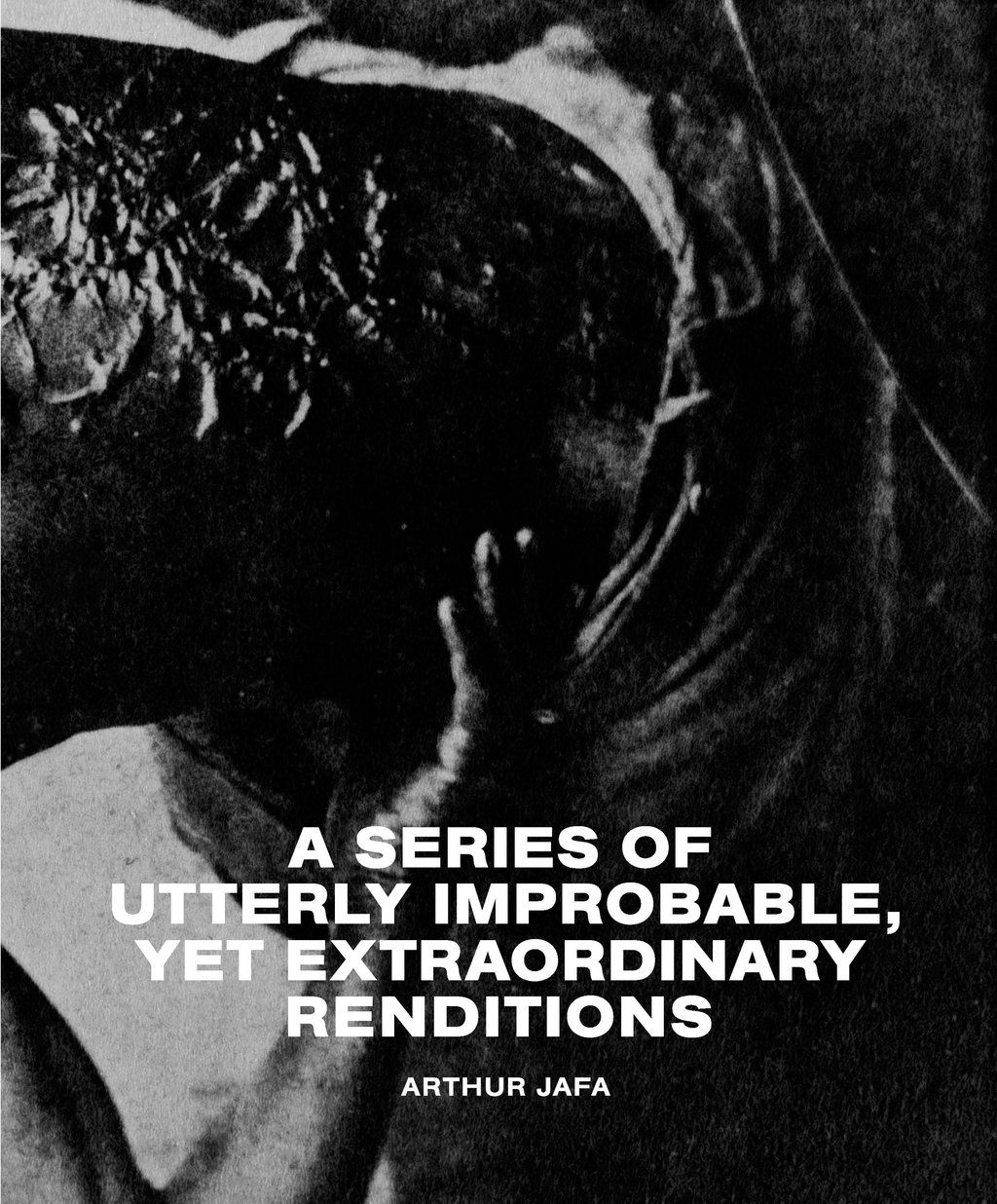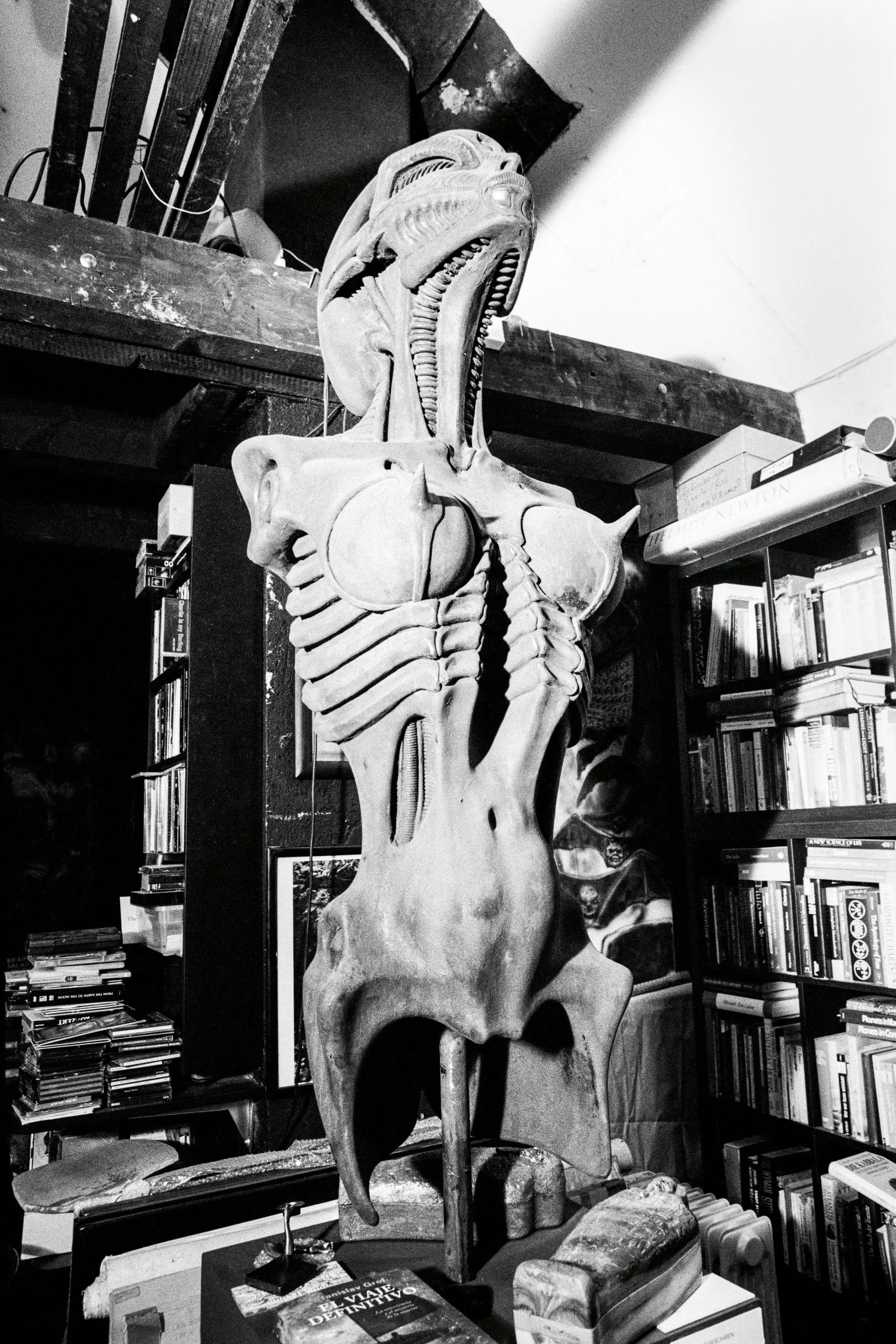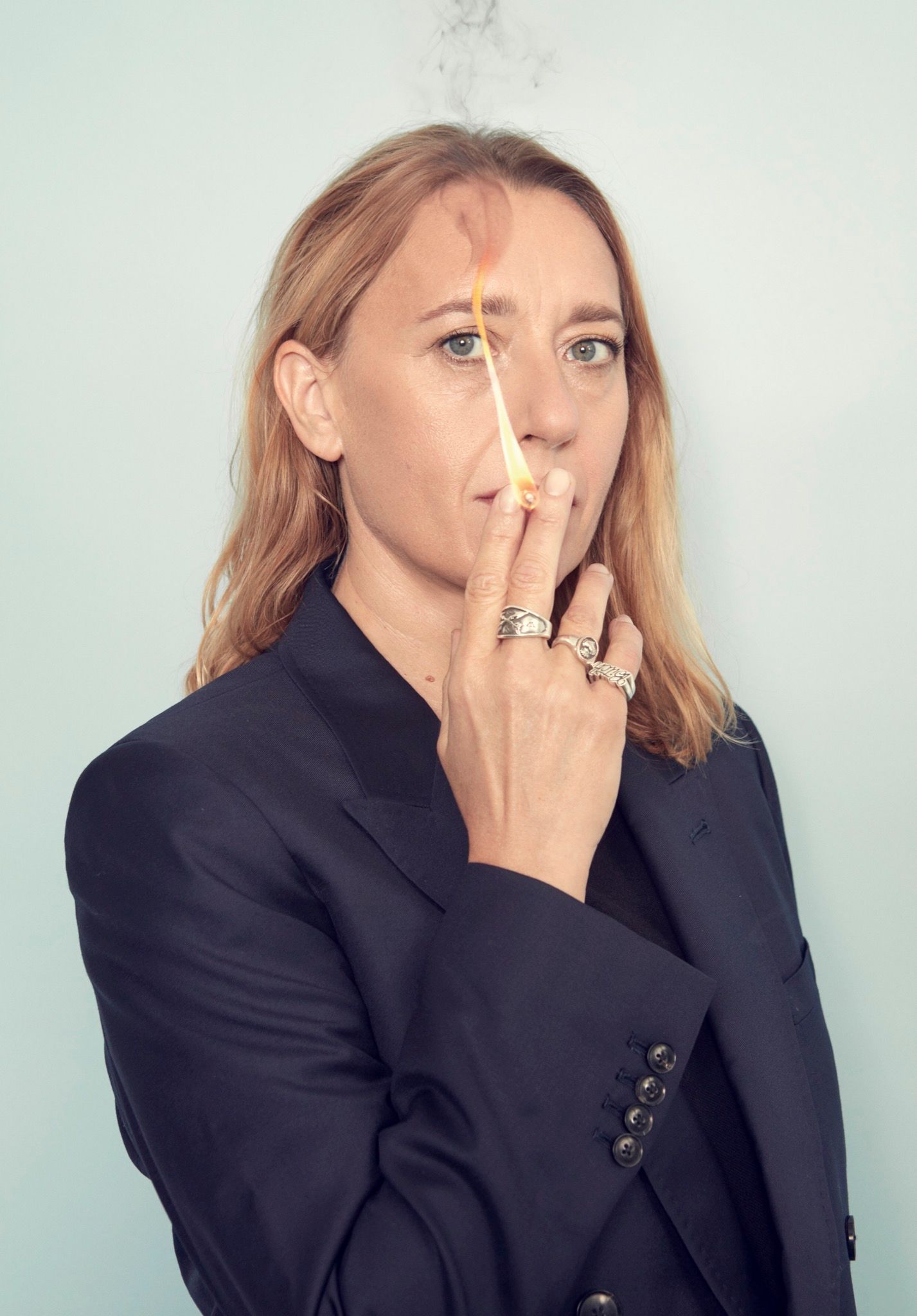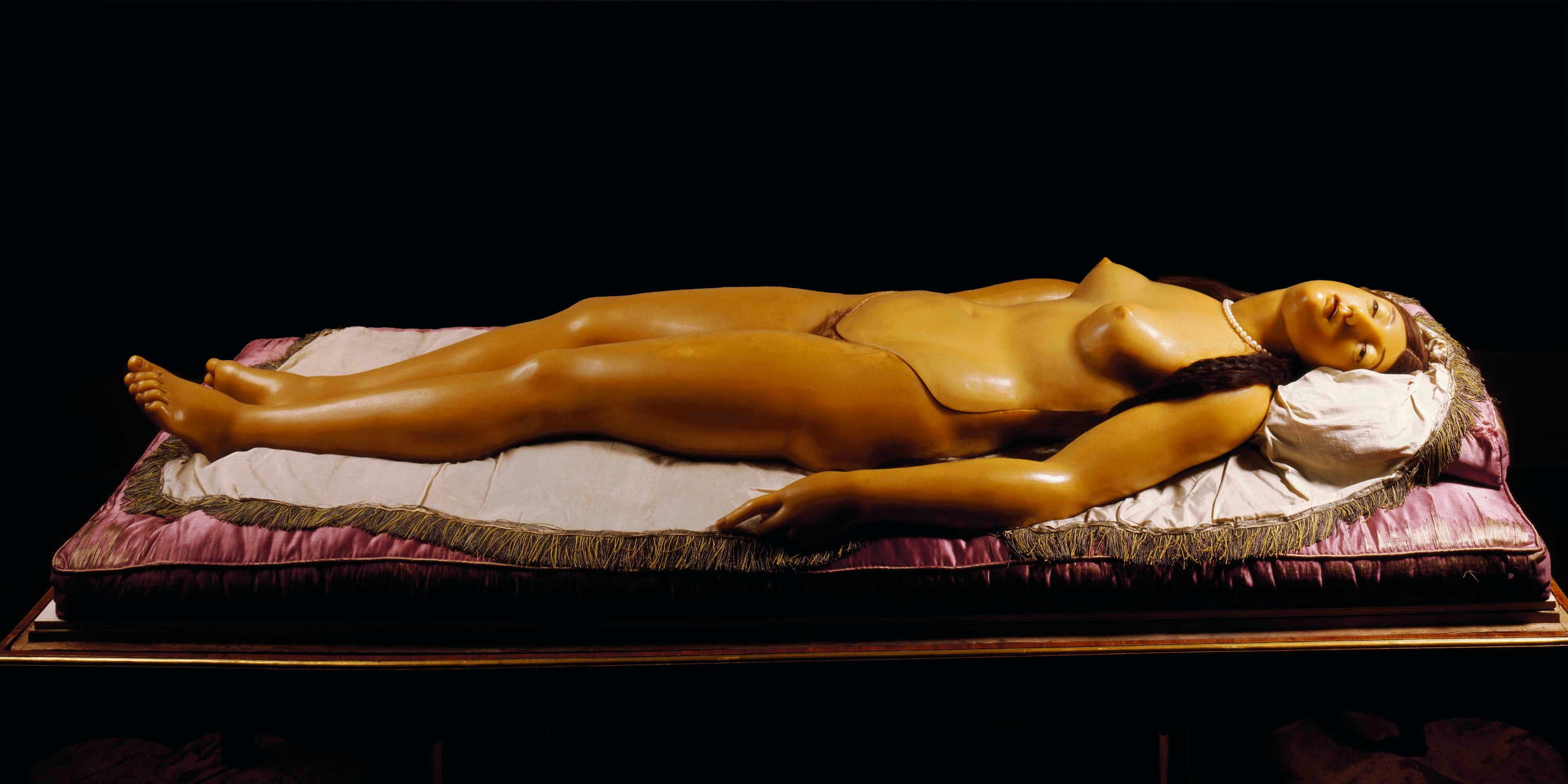FRANS ZWARTJES: The Unholy Family
In today's media landscape, a book review is often a slap on the back. A handshake among colleagues that says, “well done.” But we have never been afraid to offer critique when critique is due. In our print section Berlin Reviews, we've always tried to take the propositions of a book seriously and push them to their extremes.
Archive Berlin Review from our issue #23.
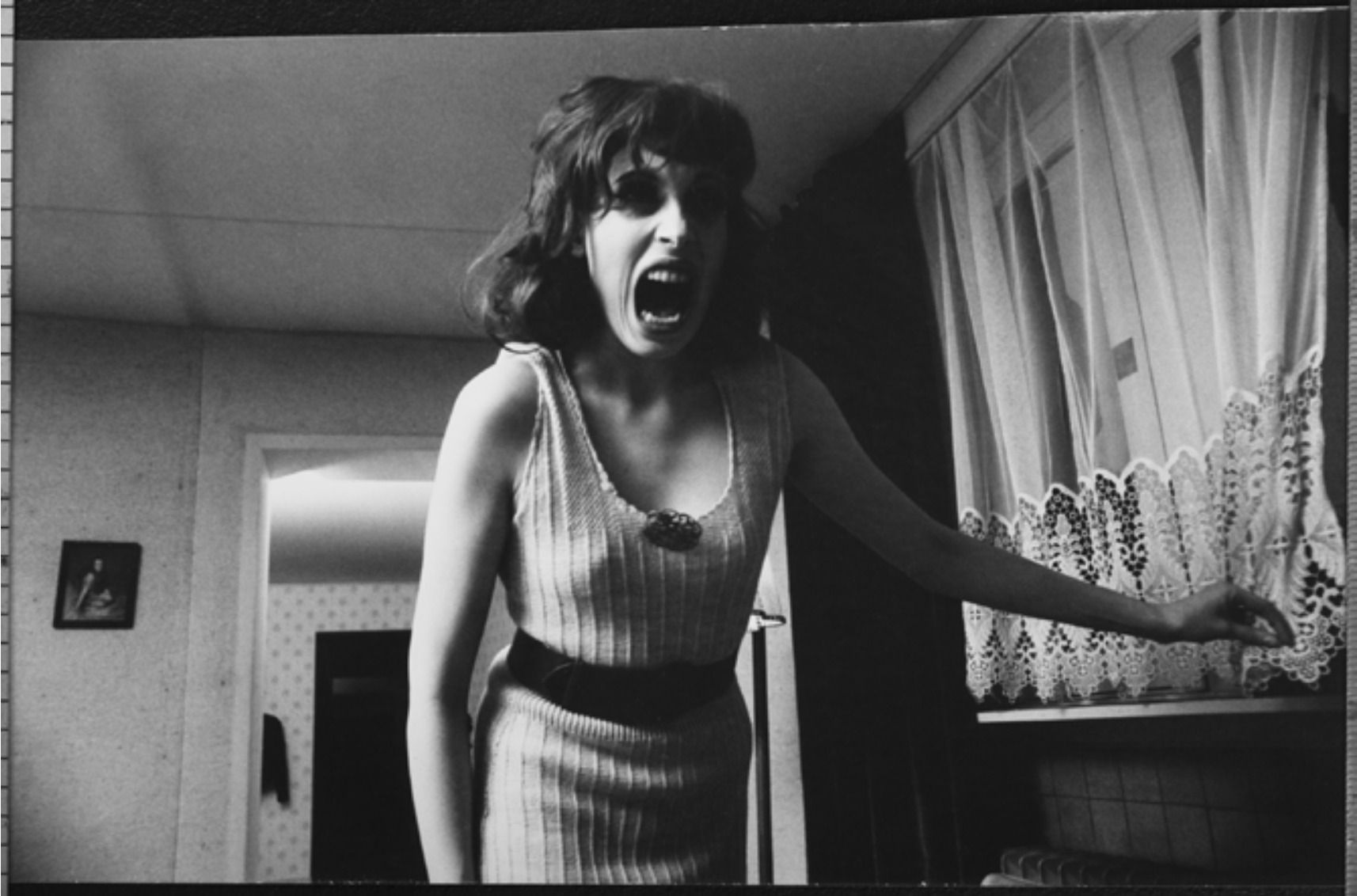
Dutch artist Frans Zwartjes' work is unsettling. The Holy Family, published by Van Zoetendaal, is no exception: The book’s stills are culled from Zwartjes’ films and photo-documented performances from 1969 to 1974; they peek into the secret lives of others through the slats of metaphorical Venetian blinds.
That voyeuristic insight – exploring the erotic foibles, the personal conflicts of those inhabiting interiors – defines Zwartjes’ filmography. With most of his performances staged in his home and with a cast of close friends, the body of work featured in the book serves as a kind of “naked,” sado- masochistic family photo album.
Born in 1927 in Alkmaar, Zwartjes’ work life included incarnations as a musician, violin maker, draftsman, painter, sculptor, and a nurse. Affected by the severe psychological illness he encountered while working in the latter profession, Zwartjes saw the world through emotional constraints. Beginning to experiment in cinematography only in the 60s, he pioneered Dutch visual arts’ use of film as a medium, and went on to teach at the influential Gerrit Reitveld Academie in Amsterdam in 1963.


Many of his films, such as Living (1971), come to life in a domestic dreamscape that is somehow at once spontaneous and choreographed, where clouds cast a gloomy and claustrophobic atmosphere. Both sides of objectification are explored in works like Spare Bedroom (1970), which shatters the lens’ partition between character and spectator. The DVD included in the book features an untitled film from 1969, in which Zwartjes stars (this was not atypical of his casting approach). Peppered with outdoor nudes, like The Holy Family, the work engages, then mythologizes pure disconnect – in this case, between man and the natural world. When Actaeon was caught spying on Artemis in the Ancient Greek tale, he was transformed into a stag, only to be devoured by his own dogs. Such is Zwartjes’ struggle, in which his own eye threatens to undermine, even cannibalize his cinematic universe. The Holy Family adds a silently mutilated chapter to that voyeuristic legacy.
The Holy Family, Frans Zwartjes, published by Van Zoetendaal, 2012
